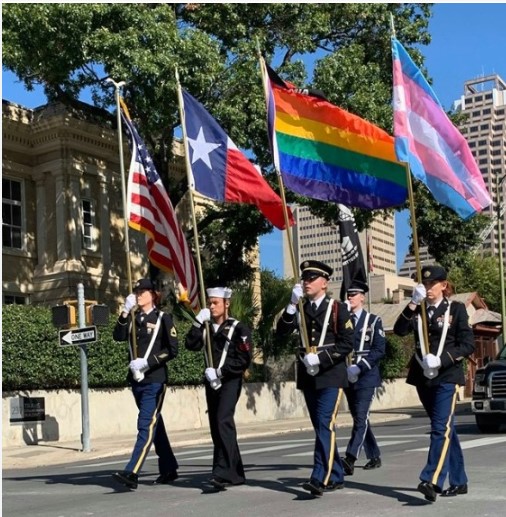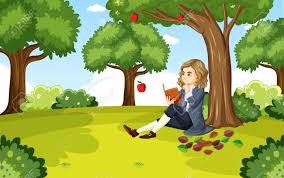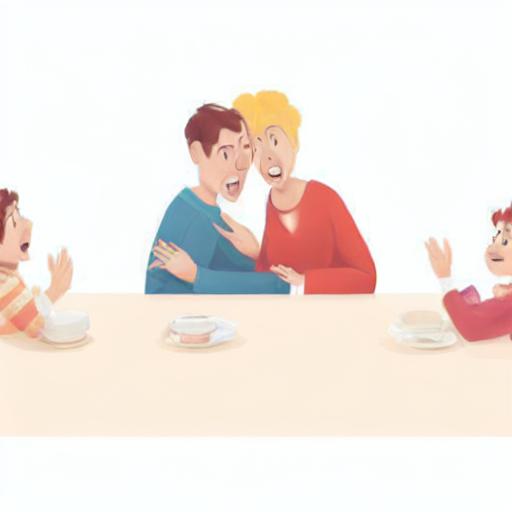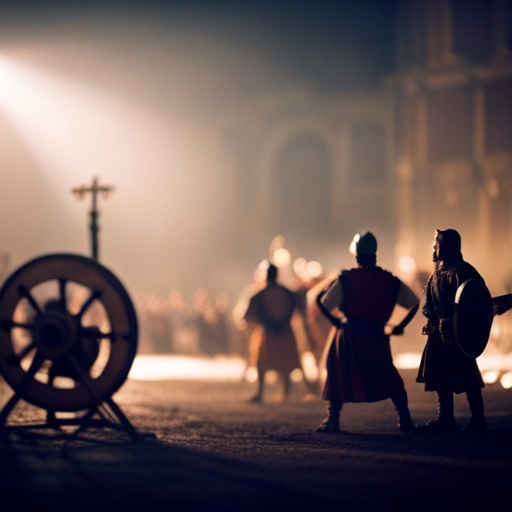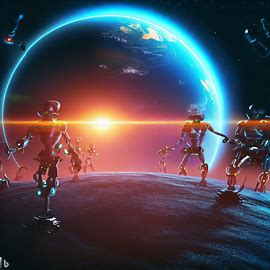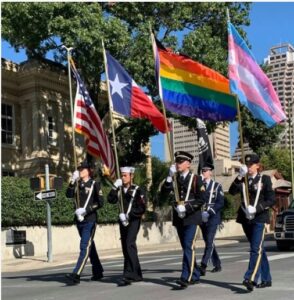“Curiosity killed the cat…
…but we are not cats.”
David Douglas HaskinsAre you interested in truth? I am interested in nothing else! I am intensely curious.
Are you interested in knowing if the suspect in the sensational trial really did it? Why the plane crashed? What it was like for the victims in in those final moments? If the scandal is true? The media would go broke but for the power of curiosity. People want the truth. They want to know what really happened.
Without curiosity, you can never find truth and without truth you can never accomplish anything meaningful to you.
What drives you in life? What gives your life meaning?
You may be interested in justice. You are interested in truth. Without truth, the innocent will be imprisoned and the guilty will walk.
You may be interested in politics. You are interested in truth. You need to know what the candidates will really do if empowered, and what that will actually lead to.
You may be interested in romance. You are interested in truth. You care deeply about what is really going on inside that other person’s heart.
You may be worried about your diagnosis. You are interested in truth. You care about what may happen to you and what the right treatment is. Even if truth proves hard, you really need to know.
As you lay on your deathbed, how important will it be to you that you can be certain your actions in life had been based on things that were really true?
Like it or not, truth is vital to all of us at a very basic level. But—as Pontius Pilot famously asked—”What is Truth?”
I think the better question is not what it is, but how do we find it? That’s simple: we have to want truth badly enough to be completely objective about it. We have to be willing to follow the evidence wherever it leads, even if it demands the brutality of self-honesty that our own ideas are not perfect.
Authentic curiosity is when the desire for right knowledge outweighs our emotional commitment to what we currently believe. We can never find truth until our desire for it is that strong, that unconditional, that fearless.
Curiosity is an uncertain adventure, but it is unwise to place limits on it in the name of certainty. Take religion, for example: I personally believe there is a God. But if God doesn’t actually exist, why would I want to believe He does? My life would be founded on something that does not exist. I would be constantly struggling make reality what I want it to be.
On the flip side, if I were repulsed by religion, yet there actually is a God, it benefits me to find this out. Refusing to honestly consider the possibility makes me a fool. (It could also make for a rude awakening when I die).
Either way, I can never have a genuine level of confidence in my knowledge unless I start with intellectual integrity. In any situation, philosophical or practical, unless I start with a willingness to follow the evidence wherever it leads, I am almost guaranteed to get it wrong.
Gil Grissom, on the show CSI, changed my life. One of his investigators announced: “Bad news, boss: The DNA doesn’t match.” Grissom asked why is true fact a bad thing? If we’ve got the wrong guy, knowing that is a good thing. “We simply follow the evidence wherever it leads.” And thus was implanted one of the primary refrains in my life.
Socrates said: “The unexamined life is not worth living.” To that, I would add: “The unexamined belief is not worth following.”
Honest exploration leads to honest beliefs, and honest beliefs are not weak beliefs.
The only way to have a quiet and happy confidence in what we believe is to open our minds to other possibilities. It is impossible to be rationally confident in any idea which is the only one we have ever considered.
Some people are afraid to open their minds to other possibilities because they are afraid that what they may discover could weaken their faith. That kind of approach only comes from a faith that already is weak.
I once read Dan Brown’s novel “The DaVinci Code.” While I enjoyed the fictional adventure, the obvious purpose of the novel was to weaken traditional Christianity. Brown’s premise is that the four Gospels in today’s Biblical canon are frauds that were foisted upon the church with trickery and deceit, whereas the earliest Christians followed the gnostic gospels. I was appalled. But I opened my mind in a neutral posture. I had to be honest that there are some textual problems in the four traditional Gospels. And I was not well-versed in the history of the canon.
So I took a neutral, objective, and honest look at the facts. During this process I was having devotions one day and as I read the Epistles it occurred to me that the Apostle Paul never spoke of any gospels. He only spoke of the Gospel, singular. I suddenly realized that the Gospel is not a set of books, but a set of beliefs shared by the early church. When Paul said “according to my Gospel” (which he received directly from Jesus), “X, Y, and Z.” So I looked at the four traditional Gospels and also the Gnostic ones and clearly the four traditional ones were entirely consistent with Paul’s Gospel and the Gnostic ones were not. (And they were wildly inconsistent with each other.)
I am aware Dan Brown’s circle of scholars try to paint Paul as a maverick who came along and “hijacked the Gospel” so his expression if it cannot be trusted. When I explored their thesis, all they did was criticize Paul for being out of sync with their ideas; they did not even attempt to identify a church teacher earlier than Paul from whom he could have hijacked anything. The early church accepted that Jesus had called Paul and had committed the Gospel to hi. You might as well argue that Moses hijacked the Ten Commandments.
So now, precisely because I subjected my beliefs to neutral and open-ended scrutiny, my confidence in the four traditional Gospels is stronger than ever.
I walked away from that process happy that I had even greater confidence in the accuracy of my beliefs about the reliability of the Bible. I would have been just as happy if the accurate beliefs I walked away with did not coincide with the ones I had walked in with. My happiness was solely in the accuracy of my current beliefs, regardless of the accuracy or inaccuracy of my original ones. Now that’s curiosity!
Without curiosity, we would have never learned to fly, we would not have iPads, we would not even have proper food or shelter. All of the vast knowledge in which our species prides itself started with questions, and curiosity is the mother of every question that has ever been asked.
Curiosity Is EVERYTHING!
Curiosity is one of God’s greatest gifts to humankind. Without it, we would be inferior to cats (which, they would argue, we already are…I’m open… 😊 )
